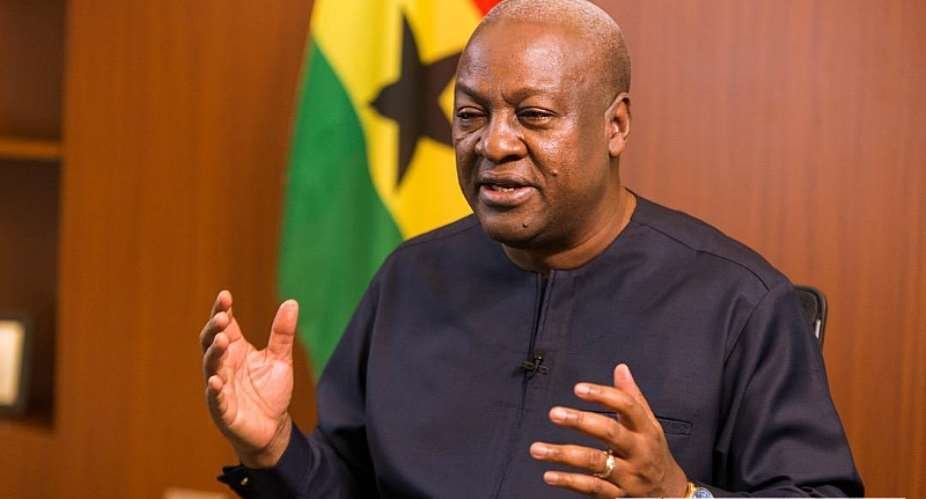John Dramani Mahama, the flagbearer of the National Democratic Congress (NDC), has made a bold promise in his campaign for the 2024 presidential election. He has vowed to reassess some of the existing tax policies, with particular attention to the controversial 10% tax levied on sports betting.
This promise is seen as an effort to address concerns among various stakeholders, including those in the betting industry and the general public, who have been vocal about the financial burden imposed by this tax. Mahama’s commitment suggests a broader approach to tax reform, aiming to balance government revenue needs with the economic well-being of citizens, especially those engaged in and affected by the sports betting sector.
Public Response and Criticism
This decision has not been well-received by a portion of the Ghanaian public. Many expressed dissatisfaction on social media, criticising the government for this tax imposition.
Mahama’s Interaction with the Youth
During his “Building Ghana Tour” in the Bono East region, Mahama engaged with young people at the Techiman Timber Market and the Techiman Magazine. Here, he acknowledged the concerns raised about the sports betting tax.
“I’ve heard so many of the youth talk about sports betting. It is not just about taxes on betting, when we come to government we will look at the number of taxes imposed by the current government,” he remarked.

Growth of the Betting Industry in Ghana
The betting industry in Ghana has witnessed a remarkable surge in growth over the past decade. This expansion can be attributed to several factors, including increased internet penetration, the proliferation of smartphones, and a growing interest in sports, particularly football. As a result, betting has become a popular pastime for many Ghanaians, especially the youth.
The influx of betting companies in Ghana is a testament to the industry’s burgeoning potential. These local and international companies have set up extensive networks of betting shops across the country, and many have also established robust online platforms. This expansion has not only made betting more accessible but has also significantly contributed to the country’s economy through job creation and tax revenues.
Furthermore, the industry’s growth has sparked debates about the social and economic impacts of betting. While it has been a source of entertainment and, for some, income, concerns have been raised about issues such as gambling addiction and its effect on younger demographics. The sector’s rapid growth has thus placed it at the centre of policy discussions, making it a significant consideration for government policies and regulations, as evidenced by the imposition of the 10% tax on sports betting.
The expansion of the betting industry in Ghana reflects a broader trend observed in many African countries, where the combination of technological advancements and a passion for sports has fuelled the growth of sports betting. This growth, while offering economic opportunities, also presents challenges that require careful regulation and oversight to ensure a balanced approach that benefits the economy while protecting vulnerable sections of the population.
